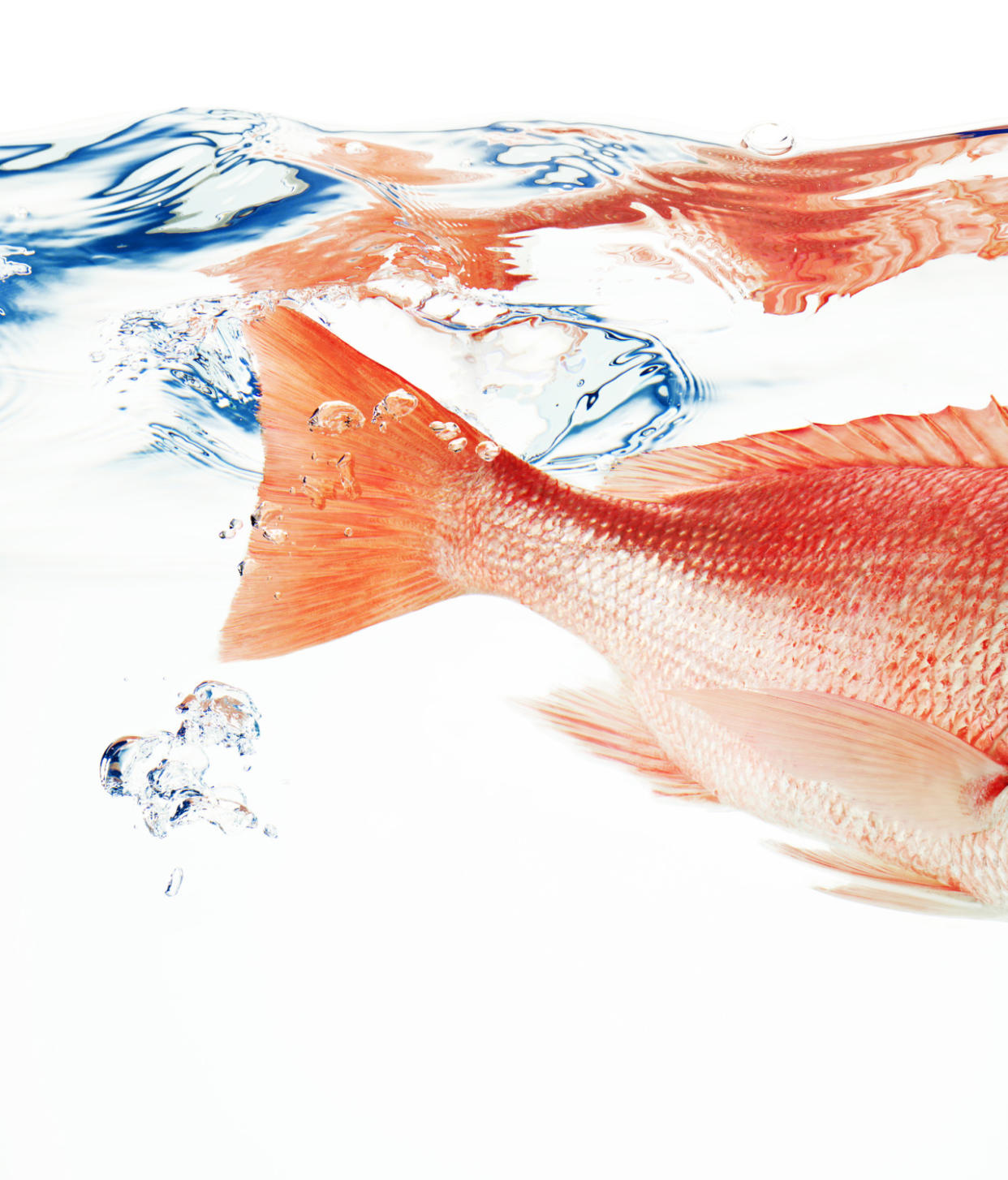Here’s How Fish Scales Might Heal Your Skin

Introducing “fish grafts.” (Image: Getty Images)
Earlier this month, researchers revealed a revolutionary method for treating slow-healing wounds. Dermatologists from Sweden have found that skin grafts made from Atlantic cod scales have successfully treated chronic skin wounds, thanks to the fatty acids that are naturally present in these fish.
The product, Kerecis Omega3 Wound Sheets, healed nearly 90 percent of the 68 wounds after a four-week treatment (which involved placing the dried fish skin inside the wound, then covering it with a protective layer). In one of the studies, a woman who had been scheduled for an amputation was able to save her limb after eight weeks of treatment. The findings from this research were published in the journal Wounds.
Chronic wounds are a global issue, with an estimated 34.5 million people around the world treated for them annually.
Related: Before You Wash Your Face Tonight, Read This
“It’s wonderful to have new work trying to address wound healing,” Delphine J. Lee, MD, dermatologist and director of the Dirks/Dougherty Laboratory for Cancer Research and Department of Translational Immunology at John Wayne Cancer Institute in Santa Monica, Calif., tells Yahoo Beauty. “Chronic wounds are really difficult to deal with — especially people with diabetes who have lesions on their feet or ankles — and there’s really not any good treatments at the moment.”
She explains that “other matrices have been taken from other animals, more of the livestock, like pigs or cows” to find more viable treatments. “But the difference that is being focused on with this fish product is that there might be some fats that may be associated with decreasing inflammation,” she says.
Related: Is Steam Bad for Your Skin?
Also, when it comes to wound healing and inflammation, the immune system is vital. “Sometimes you can have a response that the immune system plays where it actually makes it harder for the wound to heal,” says Lee. “And, so, by having something that suppresses the right parts of the immune system, you might get a better response.”
Overall, Lee is optimistic about the discovery. “It’s nice to see there is something new to try,” she concludes. “I think we need more studies, more randomized control trials to really be sure that this is working, so it’ll be good to see more research being done to compare this to other placebo therapies.”
Related: The Science Behind Skin-to-Skin Contact
Let’s keep in touch! Follow Yahoo Beauty on Facebook, Twitter, Instagram, and Pinterest.

